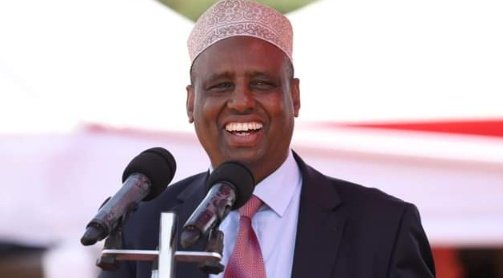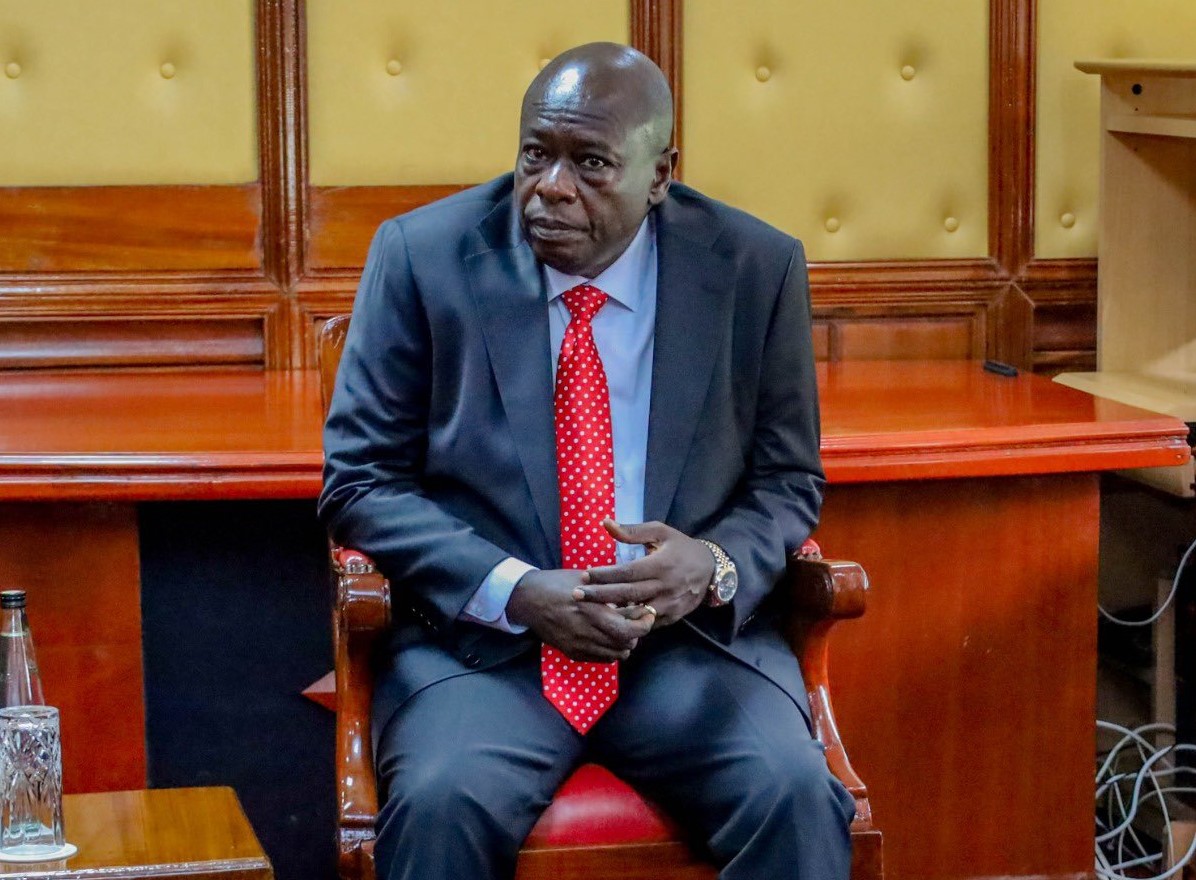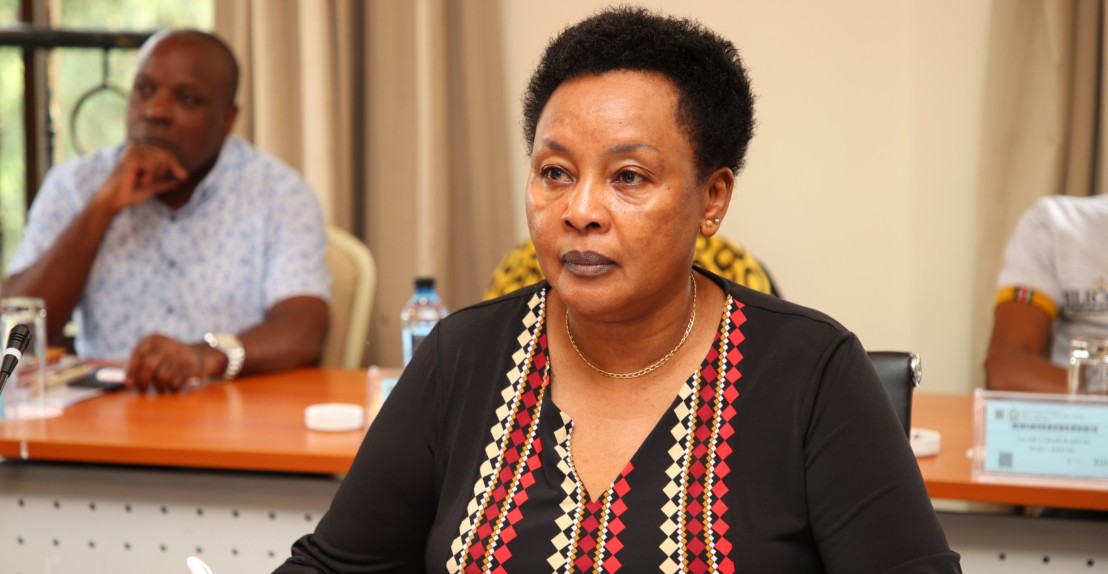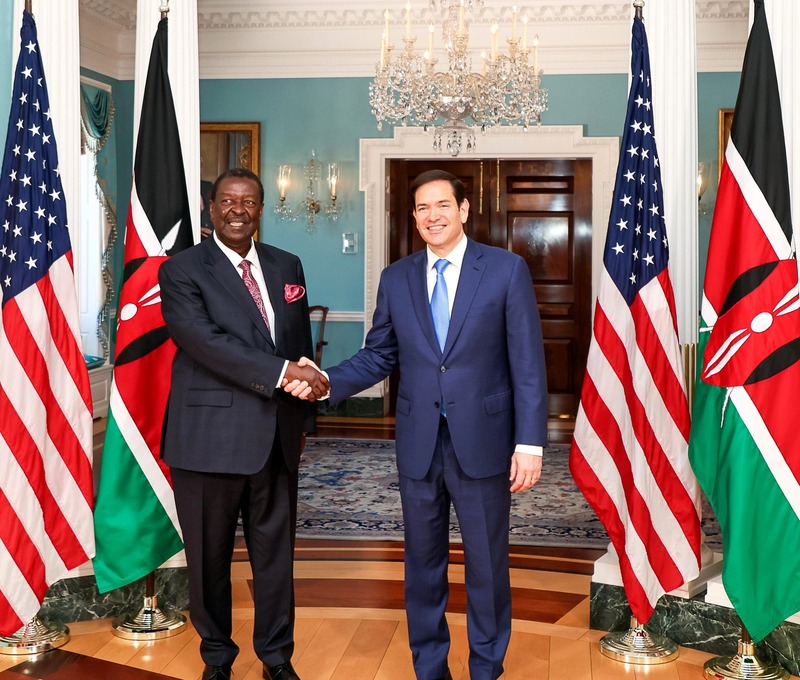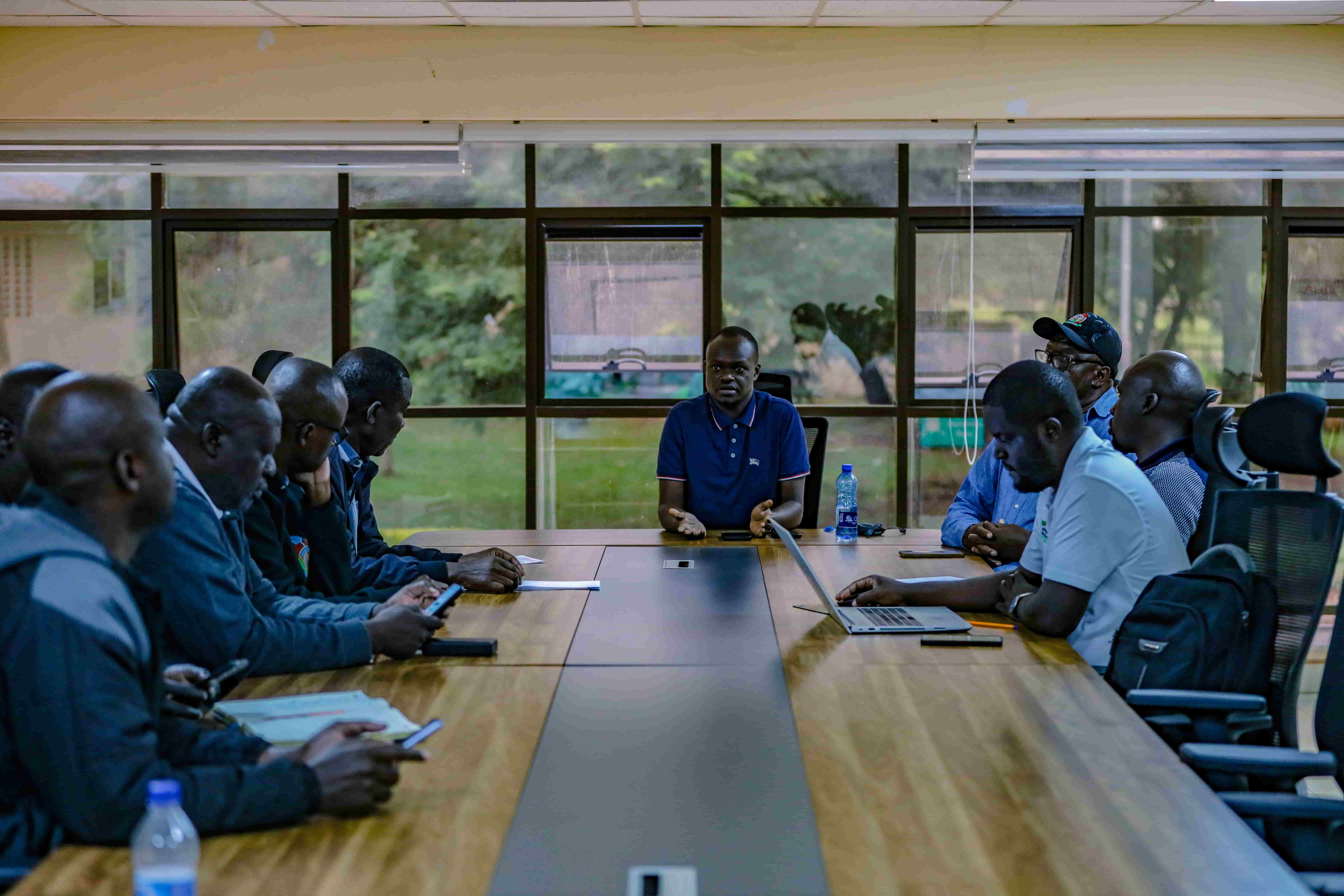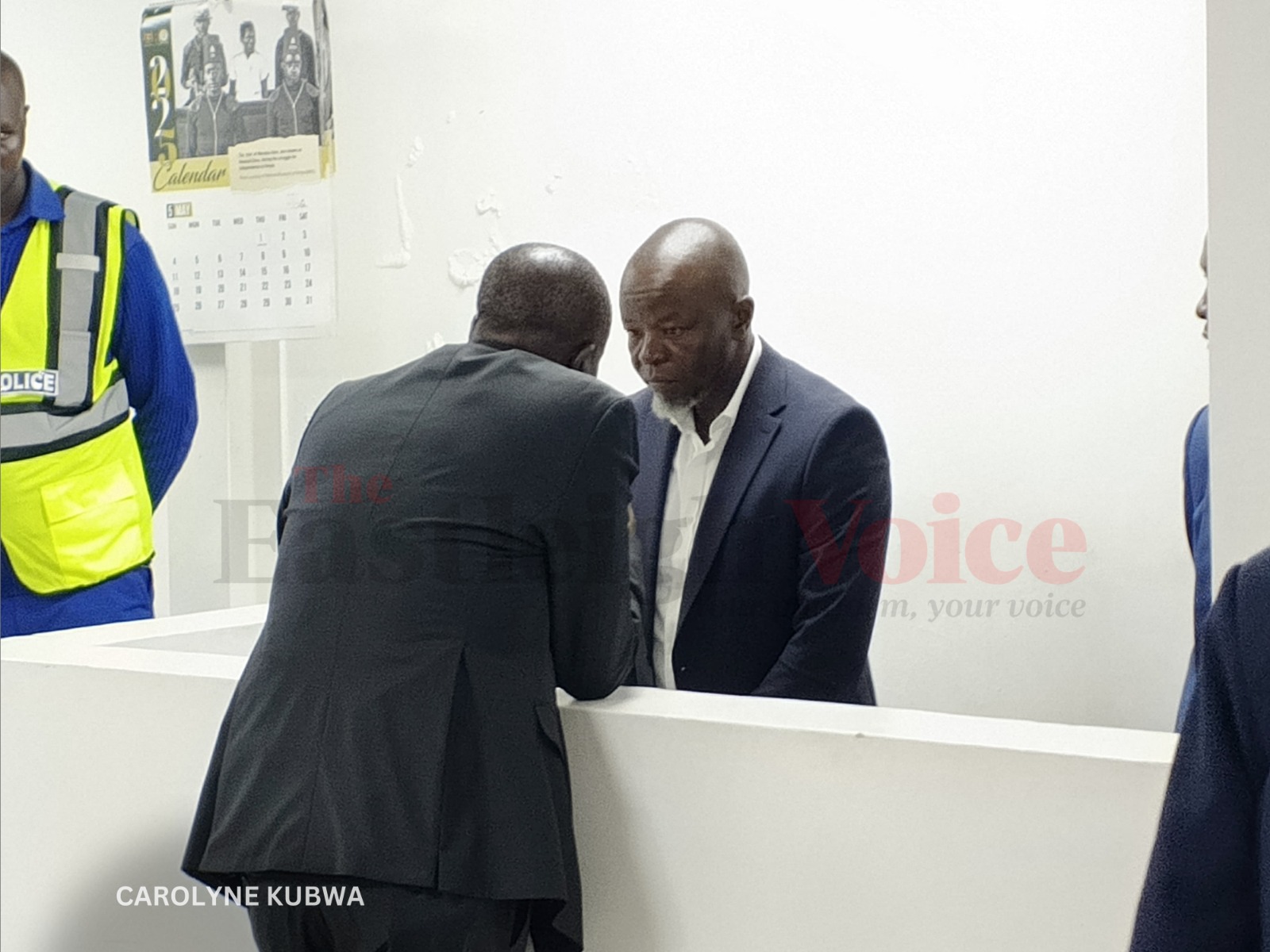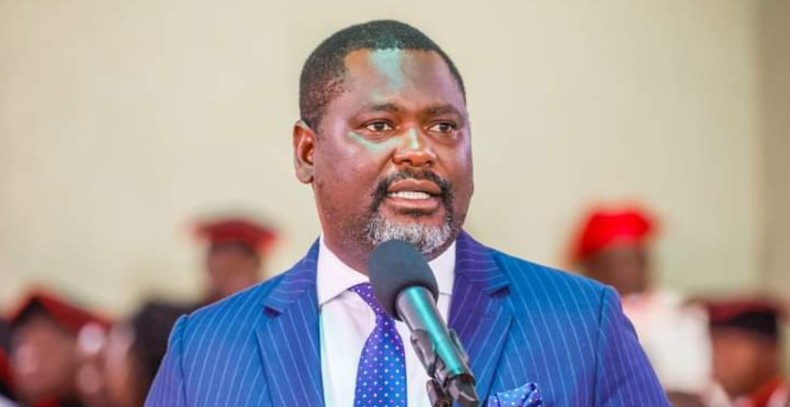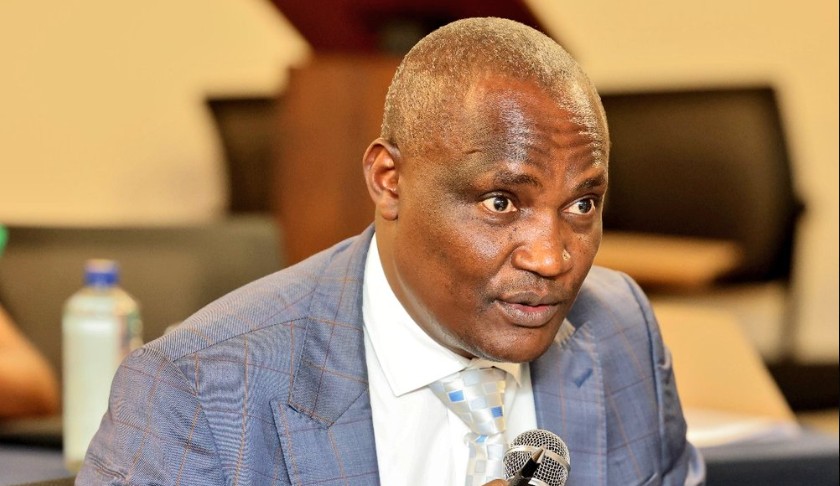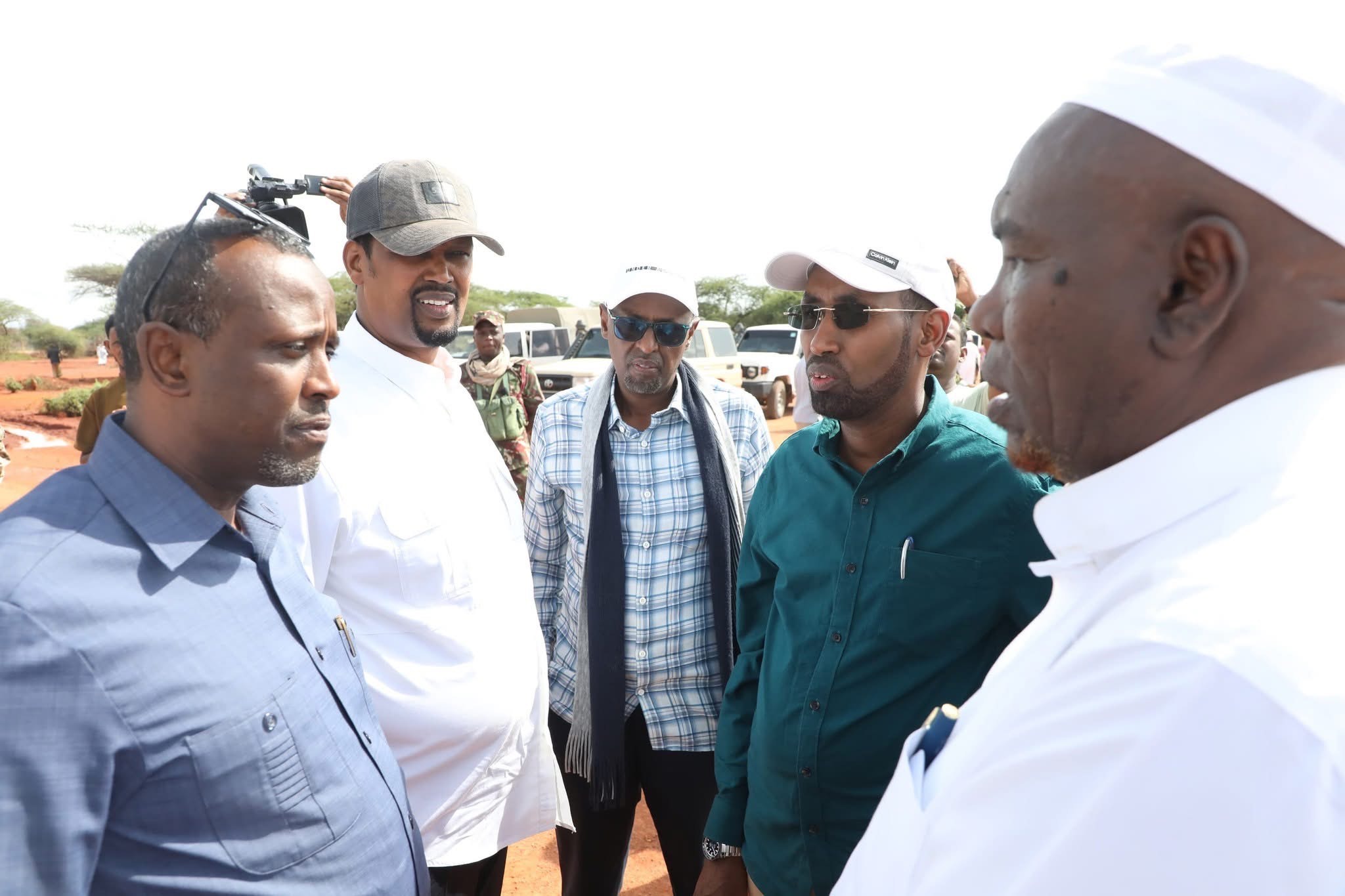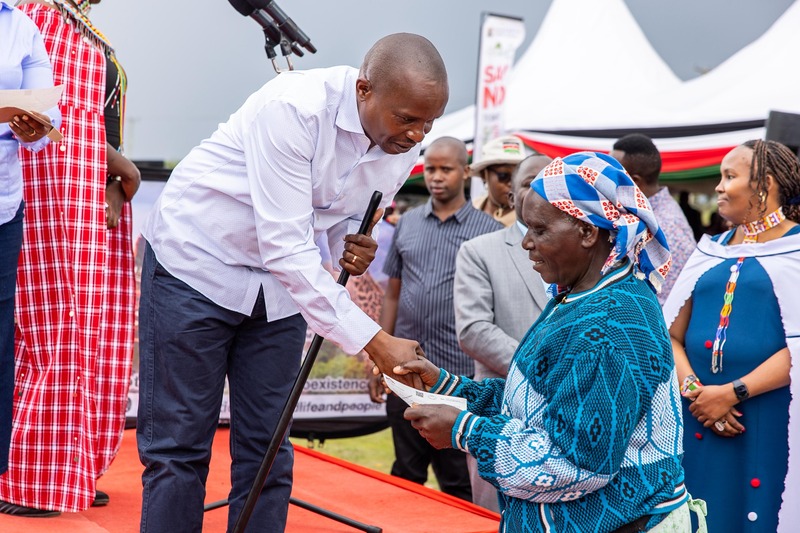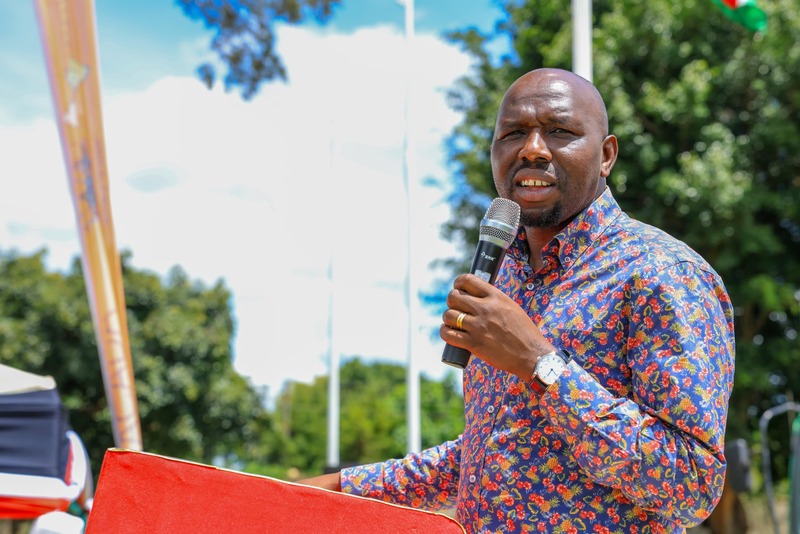TSC to employ 20,000 new teachers after Sh369.9 bn budget allocation
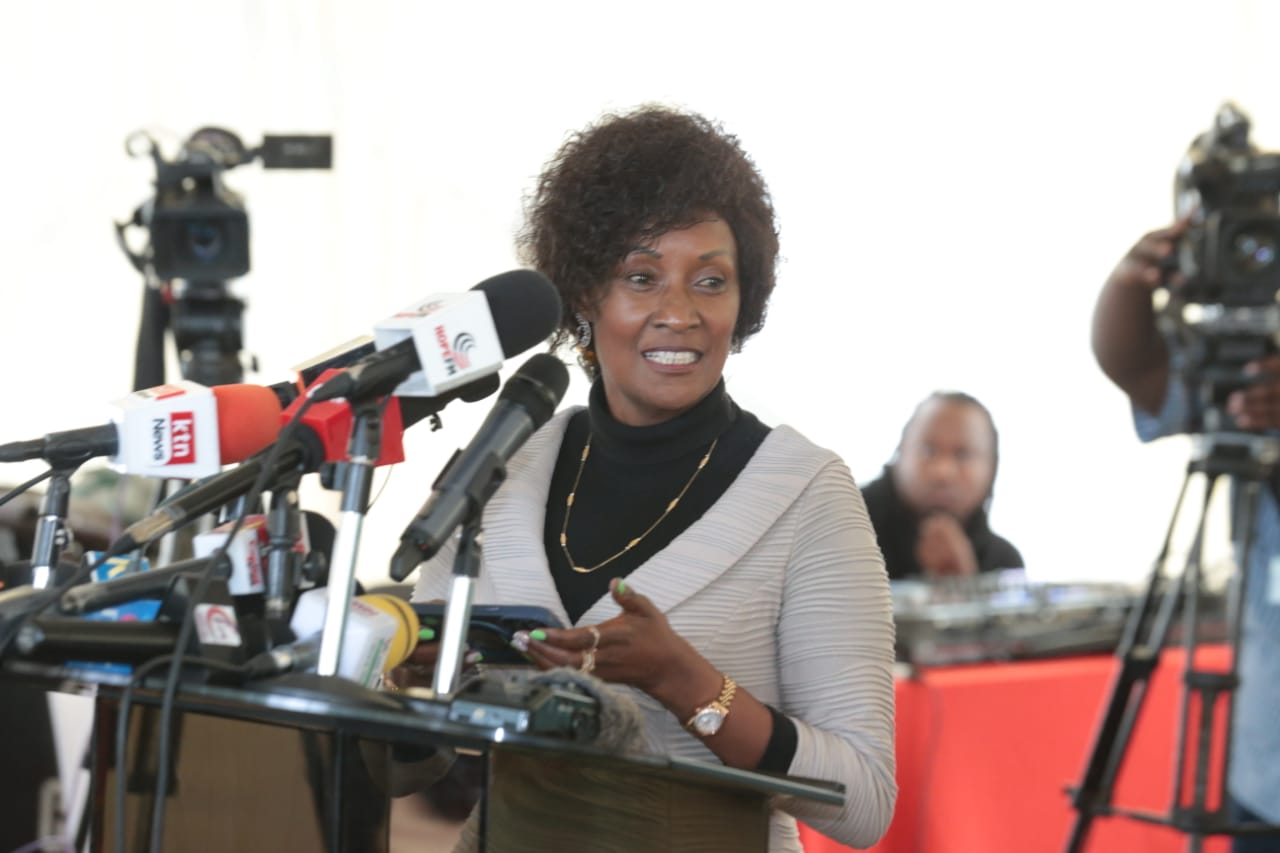
The Committee also proposed the allocation of Sh131 billion to the State Department of Higher Education and Sh130.2 billion to university education.
The Teachers Service Commission will now employ 20,000 new teachers after it was allocated a Sh369.9 billion budget ceiling for the 2024/25 financial year.
The details were revealed on Thursday in Parliament by the Budget and Appropriations Committee chaired by Kiharu Member of Parliament Ndindi Nyoro in its Budget Policy Statement.
More To Read
- Kenya’s basic education institutions surge by 39pc in 2024 as junior schools drive expansion
- Government allocates extra Sh45bn to KDF, teachers and police in 2025/26 budget
- Public schools to receive Sh21 billion capitation funds from Monday
- Inside Sh39 billion new funding to boost refugees’ education in Africa
- TSC: Over 360,000 teachers face healthcare uncertainty as SHA declines onboarding
- National schools to offer all three CBC career pathways starting 2026
The Budget Policy Statement (BPS) is a government policy document that sets out the broad strategic priorities and policy goals to guide the National Government and the County Governments in preparing their budgets for the subsequent financial year and over the medium term.
The Committee also proposed the allocation of Sh131 billion to the State Department of Higher Education and Sh130.2 billion to university education.
The Technical Vocational Education and Training has also been allocated Sh30.4 billion.
The report highlighted that the Departmental Committee on Education had noted with concern that the proposed ceilings are far below the current financial year baseline for the three State Departments.
“The proposed ceiling for the major programmes being implemented has decreased by Sh49.3 billion. This means the budgeted amounts mainly for capitation (in primary and secondary level) as well as loans and scholarships (for Technical and University level) will significantly reduce. This is despite the fact that that this key sector has never been fully funded previously,” reads the report.
Junior schools guidelines
The MPs have directed that before finalisation of the Annual Estimates for Financial Year 2024-25, the State Department for Basic Education and the NGCDF board, through the Inter-Ministerial technical committee established, to develop collaborative guidelines to support and guide infrastructure funds disbursements for junior schools.
In addition, beginning FY 2024/25 and within the existing budgetary allocation, the State Department for Basic Education ensure that all learners in the public Special Needs Education (SNE) schools are covered under the school feeding programme.
The State Department for TVET Education has also been urged to complete and fully operationalise the TVET Education Management Information System (TEMIS) to create a pool of accurate, verifiable and credible data of TVET learners and Institutions in order to promote accountability and improve management of disbursements for capitation and scholarships funds.
Last year, President William Ruto said the government will allocate more funds to the TSC to bridge staffing gaps adding that his administration has so far employed 56,000 teachers.
A global report by the United Nations Educational, Scientific and Cultural Organization UNESCO on teachers has revealed an urgent need for 44 million primary and secondary teachers worldwide by 2030.
This includes a demand for seven out of 10 teachers at the secondary level and a need to replace over half of the existing teachers leaving the profession.
“The shortage of teachers stands as a major challenge as we approach 2030. The UNESCO-Teacher Task Force’s global report on teachers exposes alarming statistics. This scarcity is not just a number: It is a crisis undermining educational systems globally,” the agency said.
According to UNESCO, the effect of worldwide teacher shortage is profound, leading to larger class sizes, overburdened educators, educational disparities and financial strain on educational systems.
Top Stories Today

